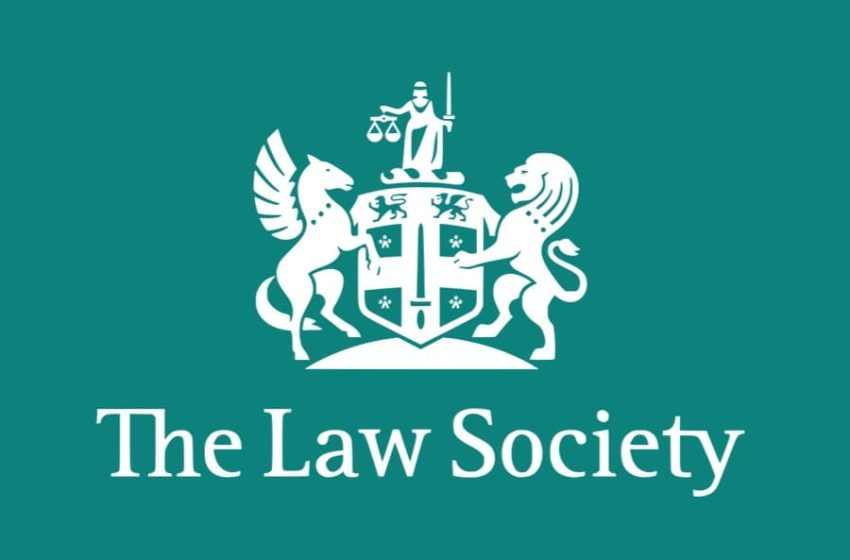
Law Society: kinship carers must be able to get free legal advice
Kinship carers must be given access to non-means tested free legal advice to ensure they know their rights and can secure a child’s future, avoiding the need for them to be taken into the care system, the Law Society of England and Wales said today in response to a parliamentary report.
The All-Party Parliamentary Group (APPG) on Kinship Care report released today examines how a lack of legal aid and advice is undermining kinship care.
Kinship carers are grandparents, siblings, aunts, uncles or family friends who step in to take care of a child when they cannot be raised by their parents. They ensure a child remains within the family and friend’s unit rather than taken into care.
A 2020 parliamentary report found that kinship carers found it difficult to access free, independent legal advice and representation, leaving the less wealthy to navigate complex legal processes alone.
“The legal processes around kinship care are complex. Legal advice and representation is essential to support carers to step forward and avoid the need for children being taken into care,” said Law Society president I. Stephanie Boyce.
“Kinship carers ensure the right support package is in place to meet the children’s needs and ensure they thrive.
We welcome the publication of this report, which shines a light on the continuing effects of cuts to legal aid brought in by the Legal Aid, Sentencing and Punishment of Offenders Act (LASPO) 2012, which mean that kinship carers face greater hurdles in securing legal aid for family issues.
Kinship carers now have to shoulder the financial burden of getting legal advice to care for a child or simply do not receive any legal advice about their rights and options for their kinship child.”
According to today’s report, just 16% of respondents received full or part payment for legal advice through legal aid and 25% had paid for some or all of the costs themselves.
56% had received full or part payment by their local authority, but local authority funding varies across the country and is often limited to initial advice.
72% of those surveyed said that becoming a kinship carer had caused them financial hardship, with 37% making personal contributions to the costs of legal representation, advice and court fees – ranging from £1,000 to more than £10,000.
I. Stephanie Boyce said: “Adding to this is the stressful and emotional burden put on the kinship carer as they try to navigate a complex and often confusing system for a child who is no doubt looking for stability in their life.
We are disappointed the Ministry of Justice (MoJ) has done nothing meaningful to resolve this issue since it committed to do so in 2019.
Cared for children will often have experienced trauma and tragedy. Research shows children living with kinship carers have a greater sense of stability than those in the care system.
It would make moral and financial sense for non-means tested legal aid to be made available in these cases. This would go a long way to protecting children and keeping them out of the care system.
Kinship carers must have early access to legal aid to ensure all those involved receive advice and representation, so the child is protected and their best interests are at the heart of the process.”










